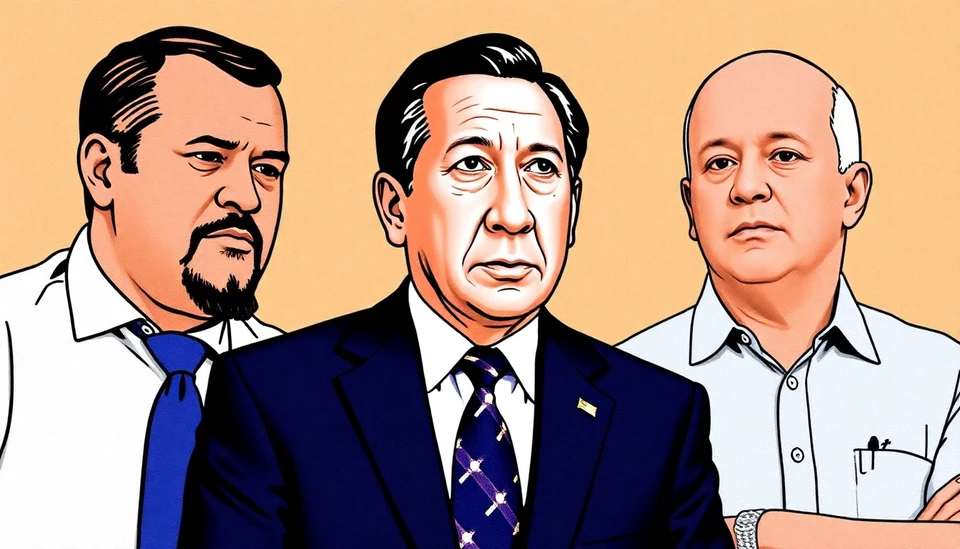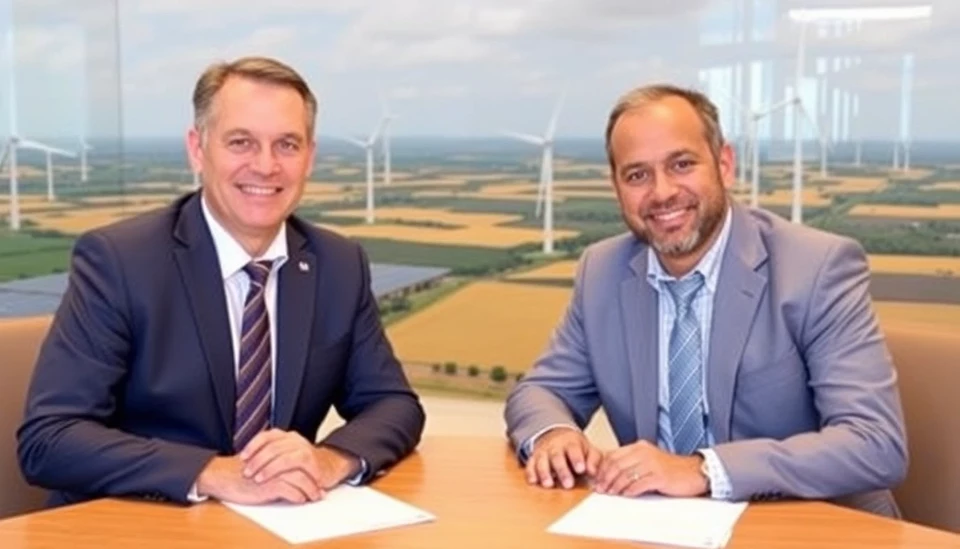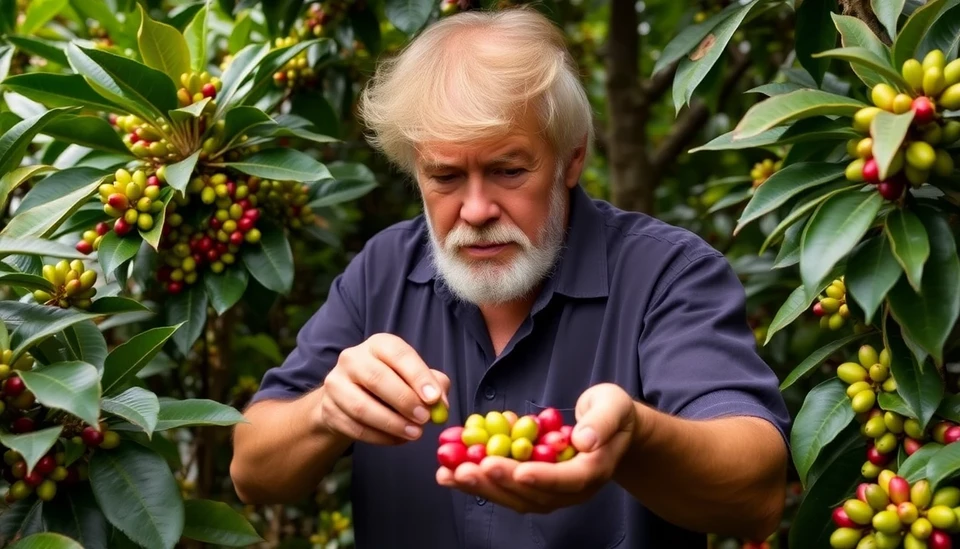
In a notable display of determination, Colombia's central bank governor, Leonardo Villar, has publicly responded to recent criticisms issued by President Gustavo Petro regarding the bank's monetary policy. The tension between the executive branch and Colombia’s monetary authority has escalated, but Villar has shown resilience, emphasizing the independence of the central bank in his latest statements.
The president's comments, made during a national address, questioned the effectiveness of the central bank's strategies in combating inflation and supporting economic growth. Petro specifically argued that the current interest rate levels are excessively high, impacting consumers and businesses alike, thereby hindering economic recovery in the aftermath of the pandemic.
In response, Villar reaffirmed the central bank's commitment to maintaining an objective stance on monetary policy, stating, “Our principal goal is to ensure price stability. Decisions are made based on thorough analysis, independent of external pressures.” His proactive approach showcases a dedication to economic principles that prioritize long-term stability over short-term political influence.
This recent exchange highlights a broader conflict as President Petro pursues a more interventionist economic strategy, prompting divisions within the governmental framework concerning how best to bolster the economy. While President Petro calls for policies that would accommodate fiscal stimulus, Villar continues to advocate for a cautious monetary stance, reflecting the ongoing contention surrounding effective economic management in Colombia.
Market analysts have noted that the friction between the central bank and the presidency could lead to uncertainty in the financial markets. Investors tend to favor consistency and predictability, especially when navigating turbulent economic conditions. Consequently, Villar's strong defense of the central bank's autonomy aims to reassure investors that monetary policy decisions will remain insulated from political influence.
As Colombia navigates challenging macroeconomic conditions, including inflationary pressures and fluctuating growth levels, the central bank must carefully balance its dual mandate—controlling inflation while fostering conditions conducive to economic growth. The interplay between the bank and the presidency will be pivotal in shaping the future trajectory of Colombia's economy.
Observers from both local and international spheres will be watching closely as this dispute between the central bank and the presidency unfolds. The conclusion of this chapter may redefine Colombia’s economic policies and shape the fiscal landscape for years to come.
It remains to be seen how this noteworthy discord will affect the broader public perception of both governmental entities. The responses of the central bank and the presidency could potentially set vital precedents for Colombia's political and economic future, highlighting the delicate balance necessary between governance and economic stewardship.
As discussions continue, one point remains clear: the independence of Colombia's central bank will likely remain a focal point in upcoming policies and public discourse.
#Colombia #CentralBank #LeonardoVillar #GustavoPetro #MonetaryPolicy #EconomicIndependence #InflationControl #MarketStability #PoliticalTensions
Author: Laura Mitchell




